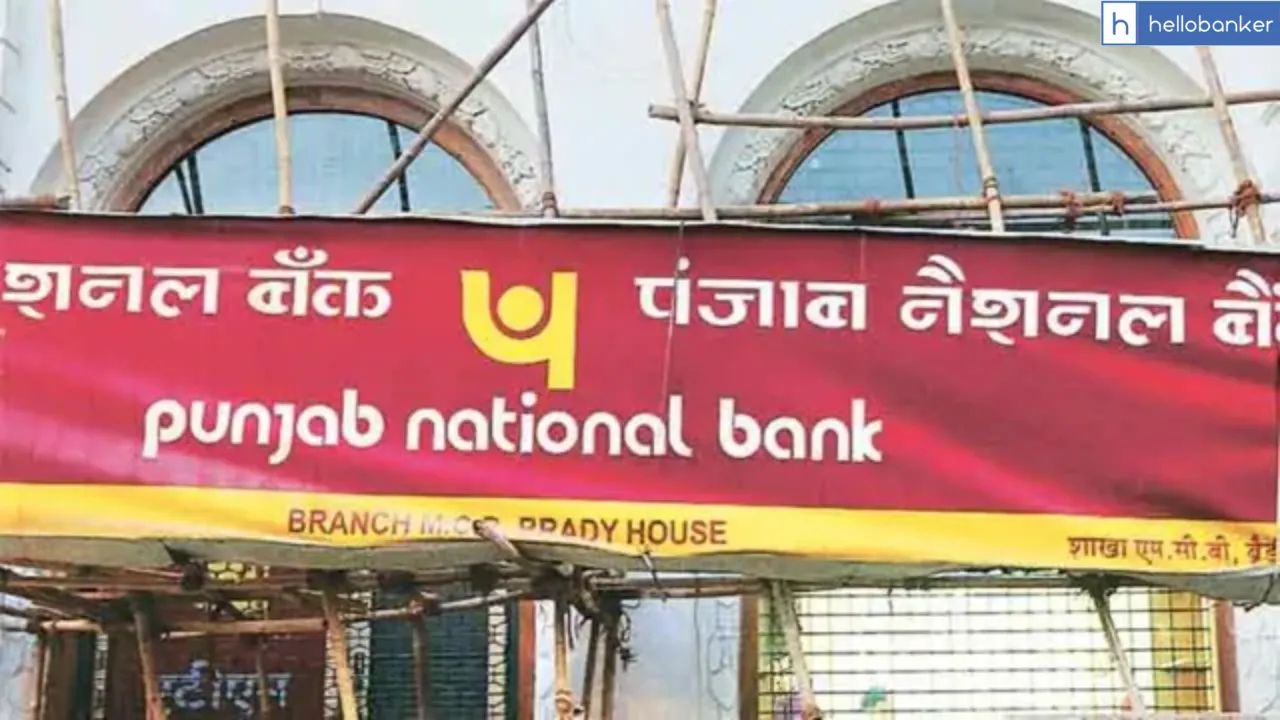New Delhi: A recent ruling by a special court has cleared K. V. Brahmaji Rao, former Executive Director of Punjab National Bank (PNB), from all charges in the massive ₹23,000-crore fraud case linked to fugitive diamond merchant Nirav Modi. The court concluded there was no evidence indicating Rao’s involvement or intent in the fraudulent activities, emphasizing that accountability must be well-defined within large banking institutions.
The Background of the PNB Fraud Case
The PNB fraud emerged in 2018, revealing a scandal that rattled the Indian banking sector. At the center of this controversy was Nirav Modi and his network of companies, alongside several PNB officials. They allegedly exploited fraudulent Letters of Undertaking (LoUs) issued from PNB’s Brady House branch in Mumbai to secure overseas credit from foreign banks, leading to one of India’s largest financial scandals.
This unprecedented financial debacle raised several eyebrows, especially regarding the failure of top officials to hearken to advisories from regulatory bodies like the Reserve Bank of India (RBI). A notable allegation against Rao was that he did not act on a cautionary advisory dating back to 2016, which had warned about potential frauds resembling the one that ultimately took place.
Court’s Key Observations in Discharging Rao
On September 3, the court’s ruling was released to the public, outlining crucial observations that led to Rao’s discharge from all charges. Special Judge A. V. Gujarathi pointed out several vital factors in the ruling:
- Supervisory vs. Operational Role: Rao held a supervisory position overseeing a large network of over 7,000 branches, making it “humanly impossible” for him to monitor each transaction in detail.
- Lack of Evidence: The court emphasized the absence of concrete evidence or material that would indicate Rao’s knowledge or gains from the fraudulent activities.
- Absence of Mens Rea: The court focused on the requirement of criminal intent, concluding that Rao could not be held liable without proof of deliberate involvement in the wrongdoing.
“The mere fact that the offence is a serious economic offence and a huge amount, thousands of crores of rupees, is involved in the offence is no ground to drag everyone into the prosecution, even not remotely connected with the crime,” the court stated, reiterating the importance of fair legal procedures.
Accountability in Financial Institutions
The court’s ruling also shed light on a critical aspect of accountability in banking. While Rao’s role was defined primarily as a policymaker with no actionable involvement in issuing LoUs, there remained the question of negligence within the organization’s structure.
Several layers of hierarchy existed between executive directors like Rao and branch-level staff. After the RBI’s directive in 2016 regarding SWIFT systems, Rao held a meeting to address the issue; however, it fell to the IT division to implement the regulatory changes. This delineation of responsibility played a significant role in the court’s decision to discharge Rao.
Rao argued that any potential negligence could not equate to criminal liability. The court concluded that since the fraudulent activities were confined to the Brady House branch, there would be no grounds to implicate him further.
Summary of Observations and Responsibilities
The ruling emphasizes that accountability in large banking institutions necessitates concrete evidence of individual involvement, especially in fraud cases that involve complex systems and numerous employees.
| Key Factors | Details |
|---|---|
| Fraud Amount | ₹23,000-crore |
| Accused Individuals | Nirav Modi and associates |
| Rao’s Role | Supervisory, not operational |
| Year Fraud Discovered | 2018 |
| RBI Advisories Ignored | 2016 caution advisory |
The court’s decision to discharge K. V. Brahmaji Rao signifies a pivotal moment in addressing how far accountability stretches within financial institutions. While the PNB fraud remains under scrutiny, particularly concerning Nirav Modi and other associates, the case serves as a critical study in distinguishing between localized misconduct and broader policy-level responsibilities.
As financial institutions continue to grapple with issues of governance, the insights from this trial may well guide future regulatory measures, protecting both the integrity of the banking sector and the rights of individuals who may be wrongfully implicated.
Bankerpedia’s Insight 💡
The acquittal of K.V. Brahmaji Rao underscores a vital precedent in India’s banking sector: accountability must be evidence-based. This ruling not only alleviates undue burdens on top executives but also highlights the need for robust internal controls and auditing systems. It reminds stakeholders that negligence does not equate to criminality, shifting focus to systemic improvements rather than scapegoating individuals. For readers, this outcome stresses the importance of understanding governance frameworks and the critical role of transparent operations in fostering trust in financial institutions.
How Does This Affect the Banking Ecosystem? 🏦
- Bank Employees → Relief from allegations reduces pressure on bank employees.
- Bank Management → Strengthened focus on accountability and risk management in banks.
- Bank Customers → Increased trust in bank management and reduced customer anxiety.
- Investors / Shareholders → Positive sentiment, potential share price stabilization, improved stakeholder confidence.
- Regulators (RBI, SEBI, Govt.) → Regulators may reassess accountability standards for banking officials.
- General Public → Public confidence in banking accountability may increase slightly.
Research References 📚
Loved our Research? ❤️
Bankerpedia turns financial confusion into clarity!
Subscribe to our YouTube channel for unbiased insights, financial literacy & practical banking wisdom.











